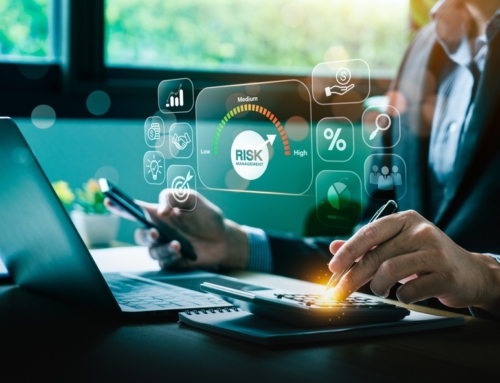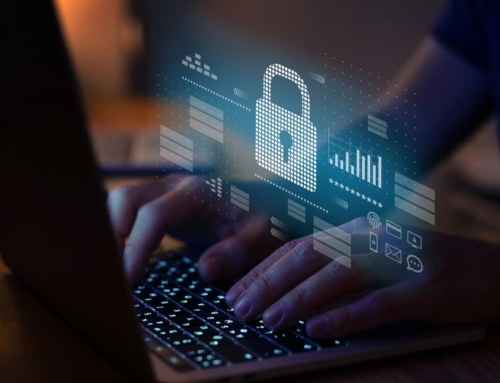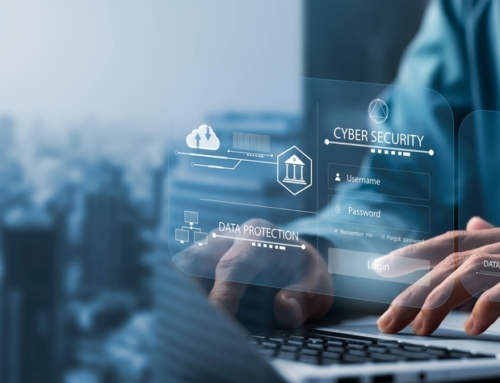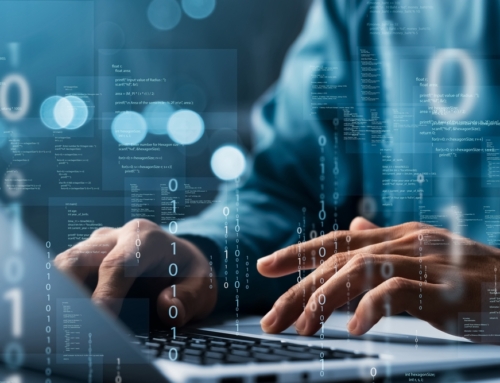The COVID-19 pandemic drastically changed the way we live and work. But there is good news on the horizon – President Biden has announced that he will end the national emergencies for addressing COVID-19 on May 11, 2023. With this change, many companies are planning to bring their employees back to the office. A recent study shows that 87 percent of employees say the office is important for collaboration and building rapport with coworkers. They regard this as an important part of any successful project.
However, this return-to-work trend brings with it an increased need for corporate office security to ensure the safety of employees and the protection of sensitive data.
Physical Office Security
A major concern is physical security. As employees return to the office, companies must take measures to ensure that the workplace is safe and secure. This may include installing security cameras, implementing access control systems, and conducting regular security checks.
It is also important for companies to have a plan in place in case of emergencies such as natural disasters or security breaches.
Data Privacy Laws
Additionally, companies must ensure that they are compliant with data privacy laws such as the General Data Protection Regulation (GDPR) and the California Consumer Privacy Act (CCPA). These regulations require companies to protect the personal data of their employees and customers and to notify them in case of a data breach.
With many employees returning to the office, companies must ensure that they have the necessary policies and procedures in place to comply with these regulations.
Employee Wellbeing
Another factor to consider is the health and wellbeing of your employees. The pandemic has had a significant impact and companies must be prepared to support their employees as they return to the office.
This may include providing resources such as employee assistance programs, promoting work-life balance, and creating a positive work environment. It is important to remember that a healthy and happy workforce is more productive and more likely to follow security protocols.
Tips for Better Office Security with Return-to-Work
- Control access: Limit access to the office and sensitive areas by implementing access control systems such as key cards, biometric scanners, or security codes. Make sure to restrict access to employees who need it and revoke access immediately for former employees or contractors.
- Educate employees: Educate your employees about security risks and how to identify and report suspicious behavior. Train them on password management, safe browsing practices, and how to securely store and dispose of confidential information.
- Install security cameras: Install security cameras in areas that are vulnerable to theft or other security breaches. Make sure to position cameras in a way that provides maximum coverage and clear visibility.
- Backup data: Regularly back up all data, including sensitive and confidential information, and store it in a secure location. This will help ensure that you can recover your data in case of a security breach or system failure.
- Conduct regular security audits: Conduct regular security audits to identify vulnerabilities and weaknesses in your security systems. This will allow you to take corrective action before a security breach occurs. Additionally, make sure to review and update your security policies and procedures regularly to keep up with new security threats and technologies.
While the immediate future looks positive, if there is a lesson to be learned it’s that another crisis could happen without any warning. Companies both large and small should be prepared to pivot on short notice. Make this a part of your corporate security plan.
The current return-to-work trend presents new challenges for companies in terms of office and employee security. As employees return to the office, companies must ensure that their network and physical security is up to date, that they are compliant with data privacy laws, and that they support the mental health and wellbeing of their employees. By taking these measures, companies can ensure the safety and security of their employees and protect their sensitive data.






